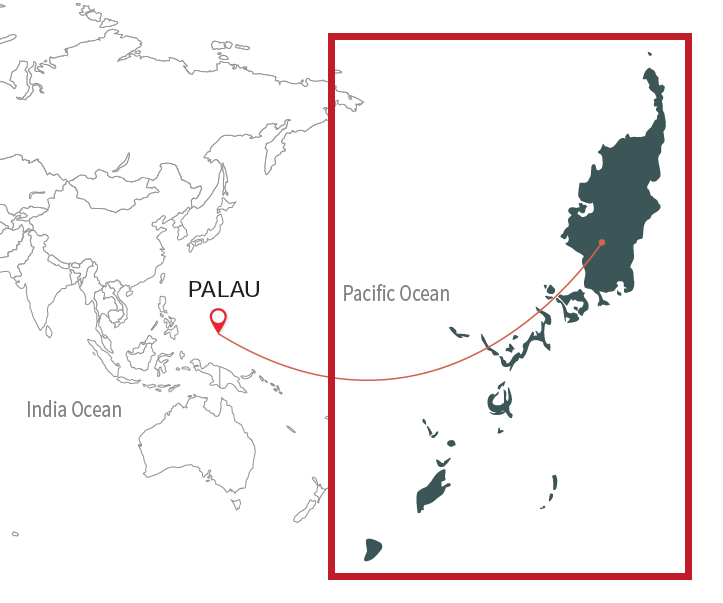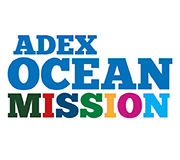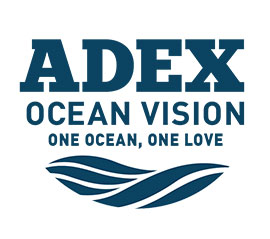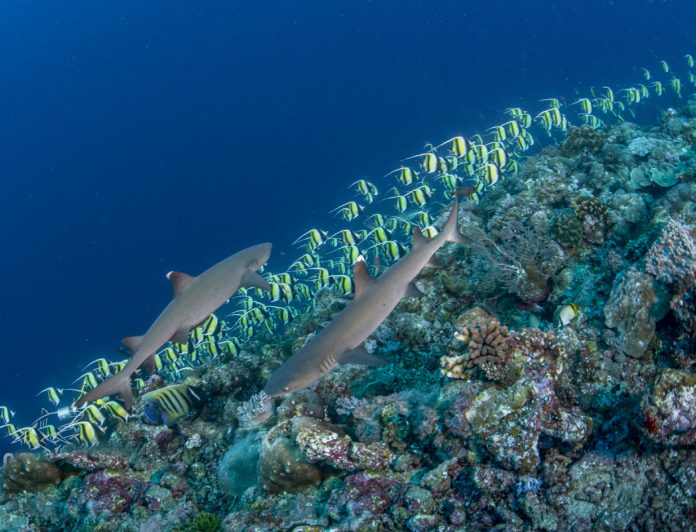Article extracted from Asian Diver Issue 02/2020 (155)
Feature image by Jesse Alpert
Palau’s pioneering efforts in marine conservation inspire change
 An archipelago of over 500 islands in the western Pacific Ocean, Palau is a country of stunning beaches, beautiful historical villages, and breathtaking underwater treasures.
An archipelago of over 500 islands in the western Pacific Ocean, Palau is a country of stunning beaches, beautiful historical villages, and breathtaking underwater treasures.
Surrounded by sparkling blue waters, Palau boasts some of the highest marine biodiversity in the world. In 2015, it introduced the National Marine Sanctuary Act which made Palau the 6th largest marine sanctuary in the world. Furthermore, it is the only country with an entire exclusive economic zone branded and considered to be a marine sanctuary. Some of its marine features include fringing reefs, barrier reefs, inner lagoons, seagrass beds, marine lakes, and mangrove forests. There are rich and vibrant populations of fish, corals, invertebrates, large pelagic animals, and other species, making Palau one of the most sought-after dive destinations in the Asia-Pacific.
The country is conveniently situated in the path of some of the ocean’s most majestic creatures like whales, sharks, dolphins, and dugongs. Palau is renowned for its abundant shark population, with over 130 species to catch a sight of. As such Palau established the world’s first shark sanctuary in 2009, preventing all commercial shark fishing within the waters of its Exclusive Economic Zone.
Apart from caring for its distinct marine eco-diversity, this Pacific nation also prides itself on maintaining strict environmental protections and conservation measures. Upon arrival, customs require travellers to sign the Palau Pledge – a formal pact made in order to ensure that the natural environment is respected throughout the visitor’s stay. Palau is the first country in the world to include environmental protection in its laws, with several of its rules benefitting its wildlife directly. These rules outline the basics of how to behave and interact with Palau’s environment, such as not stepping on coral, not feeding fish, and not picking up marine life from beaches. The pledge also considers supporting local businesses and livelihoods by promoting native culture and traditional customs.
The most interesting part of this stems from the fact that the pledge was authored with the help of the children of Palau, not governing bodies or conservation organisations. The Palau islands are known for their rich and vibrant flora and vibrant and several of these species can be found exclusively in the country. One of the country’s most famous dive sites, Jellyfish Lake, contains millions of golden jellyfish, which have been isolated for so long, they’ve lost their sting.
Palau encapsulates an amalgam of breathtaking possibilities – from its cultural variety on land, down to its incredibly beautiful biodiversity underwater. Visiting the archipelago promises to be the trip of a lifetime.


